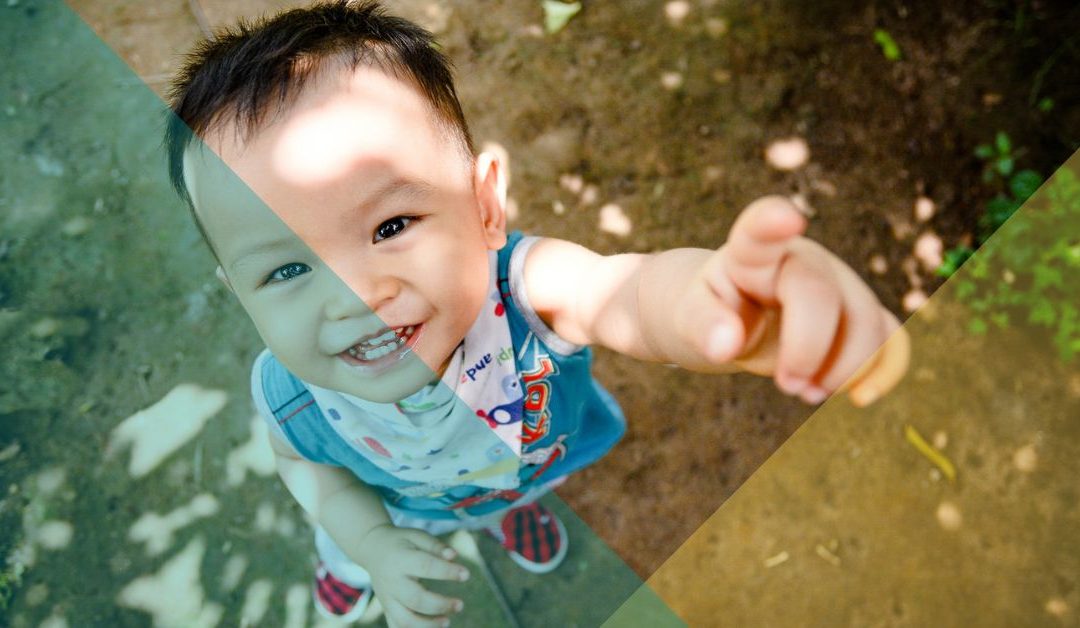What Every Early Childhood Educator Needs to Know About Childhood Trauma Becoming a Childhood Trauma Informed Educator
When a child experiences trauma very early in life, it can have a profound impact on their development. Small children with trauma have had their feeling of safety shattered by things such as frightening visual stimuli, loud noises, violent movements, and other sensations associated with unpredictable and frightening events. Because young children are less able to anticipate danger or know how to keep themselves safe, they are particularly vulnerable to the effects of childhood trauma.
In this article, we take a look at how you can recognize the warning signs of childhood trauma in young children, and what every early childhood educator should do when they suspect trauma in a child under their care.
How Childhood Trauma Affects Brain Development
It’s important to remember that a 2 year old will interpret domestic violence in the home much differently than say a 5 or an 11 year old. But no matter the age of the experience, there is one thing all childhood trauma has in common, and that is that it affects how the brain develops and functions.
Young children, however, are at particular risk because their rapidly developing brains are particularly vulnerable. Early childhood trauma has been associated with reduced size of the brain cortex responsible for functions such as memory, attention, perceptual awareness, thinking, language, and consciousness. These changes could also affect the ability to regulate emotions, and the child may be more fearful and not feel safe or protected.
Without the support of a trusted caregiver to help them regulate their strong emotions, children could experience extreme stress. They may have little ability to effectively communicate what they need or feel. This can lead to symptoms that parents or caregivers often don’t understand and may not understand how to appropriately respond to.
Warning Signs and Symptoms of Early Childhood Trauma
There are many behavioral and physiological symptoms associated with childhood trauma. But unlike older children, young children cannot express in words what they feel or need. They also have particular difficulty regulating behaviors and emotions. They may seem particularly clingy, fearful of new situations, easily frightened, difficult to console, or even aggressive and impulsive. They may also have difficulty sleeping and show a regression in functioning and behavior. Let’s break it down further by age.
0 to 2 Years Old:
- Demonstrate poor verbal skills
- Exhibit memory problems
- Scream or cry excessively
- Have poor appetite, low weight, or digestive issues
3 to 6 Years Old:
- Difficulties focusing or learning in school
- Develop learning disabilities
- Show poor skill development
- Act out in social situations
- Imitate the abusive/traumatic event
- Are verbally abusive
- Are unable to trust others or make friends
- Believe they are to blame for the traumatic event
- Lack self-confidence
- Experience headaches or stomach aches
The Important Role of Early Childhood Educators
Without early intervention and help, young children who experienced trauma will continue to have negative effects from that trauma, even into adulthood. These effects can include abnormal reactions to stress, inability to form healthy relationships, mistrust, tendencies to engage in risky behavior, and even chronic physical ailments.
The earlier childhood trauma is treated, the easier it is to treat the trauma and heal from it. That means that childhood educators play an important role in early detection of childhood trauma!
What You Should Do if You Suspect Childhood Trauma
If you suspect that a child in your care has experienced or is experiencing childhood trauma, it is important to get this child the right help as well as to create a safe and trauma-informed space in your classroom or facility.
If you suspect that a child is currently experiencing trauma such as neglect or abuse, you should immediately contact your local Child Protective Services. The national hotline is 800-422-4453.
If you know the child is not currently in the care of the adult who broke their trust, you should speak with their current parent or guardian about the symptoms you are noticing. Guiding a child to heal from trauma requires an entire team of individuals, including parents/guardians, educators, clergy, and licensed therapists that specialize in childhood trauma.
Finally, it is important to create a trauma-informed space in your classroom. Even children without trauma have shown to benefit greatly from these spaces as they encourage healthy regulation of emotions and help children to build trust with the early childhood educators in their life.
For more on how to create a trauma-informed classroom, check out these Childhood Trauma Sherpa blogs:


